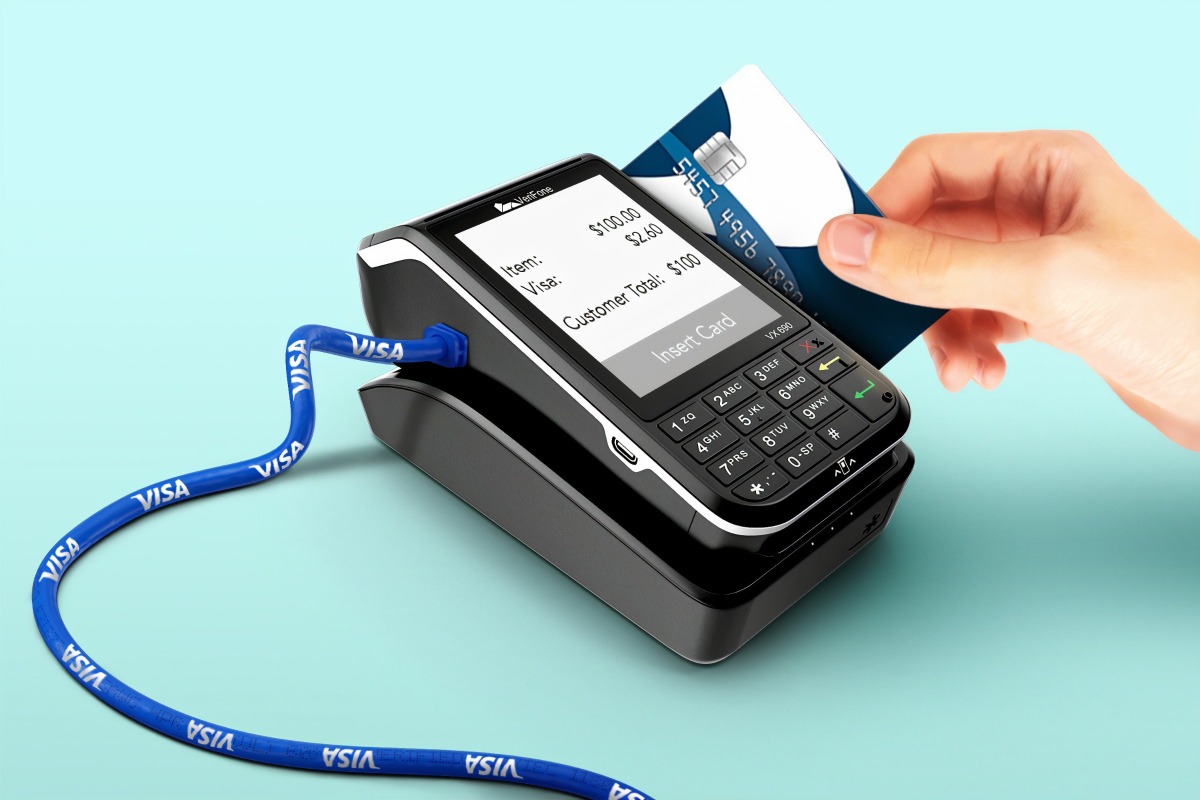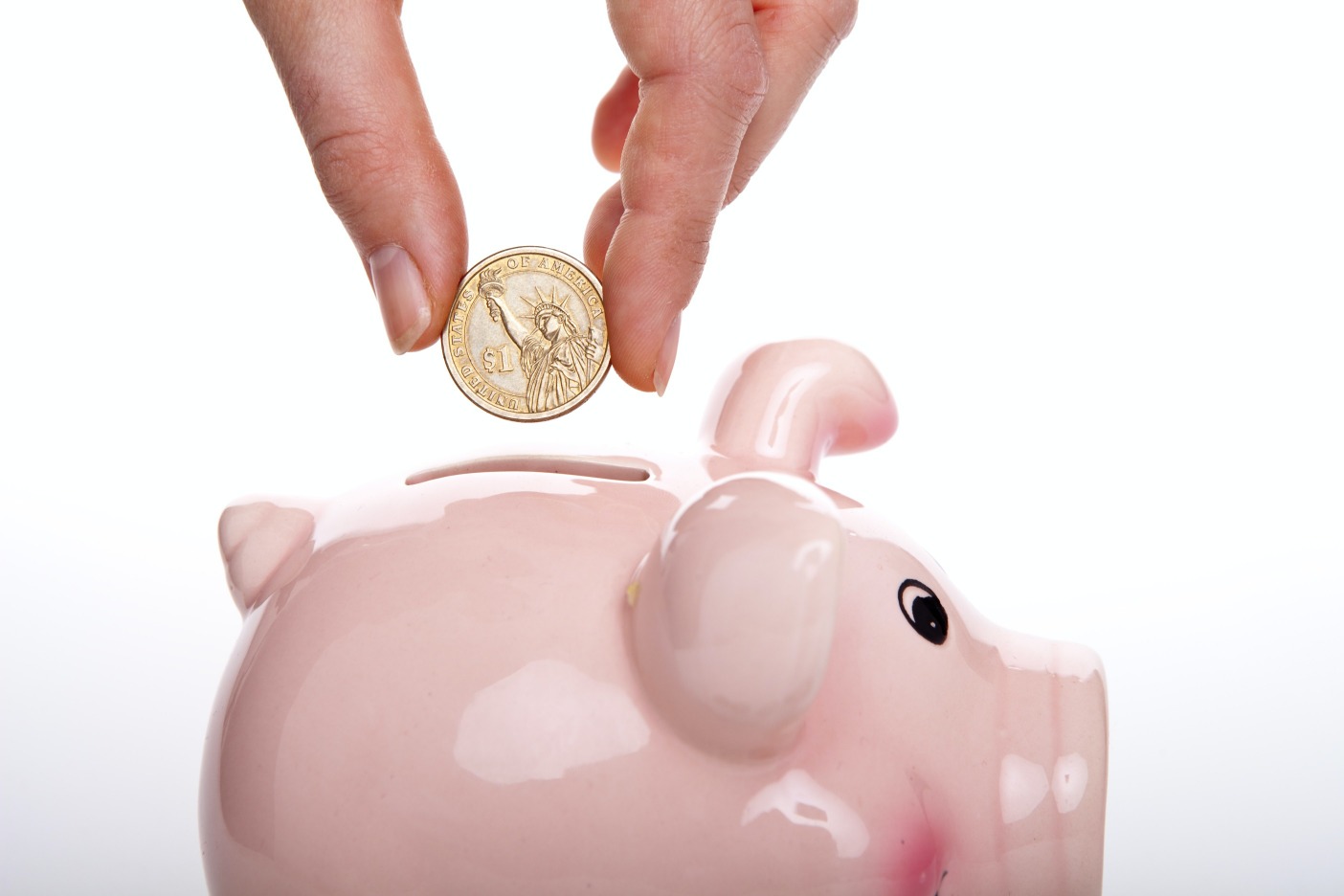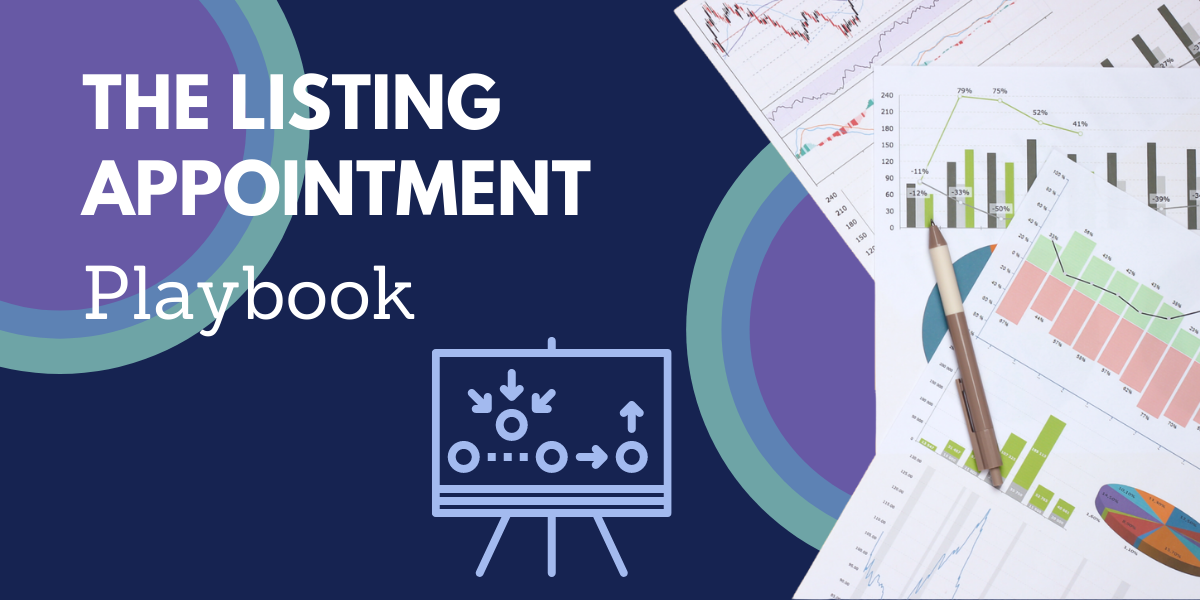3 Steps to Reduce Your Debt and Get That Mortgage!
by Justin Weinger
Owning a home doesn't have to be more expensive than renting! In some areas, mortgage payments can be cheaper than rent. Even if you have a great rental, the idea of owning something of your own is tempting. Having close neighbors, the inability to make changes, and other inconveniences of rental life can make it hard for rentals to truly feel like home.
If you are thinking of buying a home and you have some significant debt, you may be wondering if you are ready to take that next step. There are steps you can take to get your finances in order. If you have significant debt, you can still buy a house - here's how!

1. Check Your Credit History
Getting your finances in order may take some time, but will help you qualify for a mortgage more easily! If you are aware of significant debt, any errant marks on your credit report, or open collections- the time to begin making changes is now! If you take these steps to improve your finances now, you’ll be ready to qualify for the perfect home in the future.
Knowing your credit score is important! A solid credit score is not enough to qualify for a mortgage, but it’s a great start. If there are derogatory marks on your credit report, you can contact the company and ask if they will remove them if you pay off the debt. Some companies will, while others will not. The best-case scenario is having them deleted, but if that isn’t possible, you will still need to pay them off.
If you have any open collections on your credit report, it is important to address these and begin paying them down. Closing collections on your credit report will help bolster your credit score as well.
Lowering your debt to income ratio will help you qualify for more mortgage options.
2. Manage Your Debt
Managing your debt to income ratio is important if you want to qualify for a mortgage as well. There are several steps you can take to lower this!
If you have existing credit card debt, prioritize paying this off. Doing so not only improves your debt to income ratio, it boosts your credit score. Credit card debt can hold some of the highest interest rates. Paying those down will mean paying less interest in the long run, giving you more principal to pay down your other debts.


3. Build Your Savings
When buying a home you will need money to cover costs such as a down payment, home inspections, and closing costs. Hopefully, your first choice works out, but if not, you will foot the bill for each home inspection you conduct. You want to have enough money saved to cover these costs, stress-free.
If buying a home is something you want to do in the future, the key is to start preparing now. Following these tips will make the transition from renter to homeowner easier for you!
About the Author
Justin is a married father of 3, with over 15 years of corporate finance experience in various industries. He is an avid personal finance enthusiast, blogger, and chaser of passive income streams.
